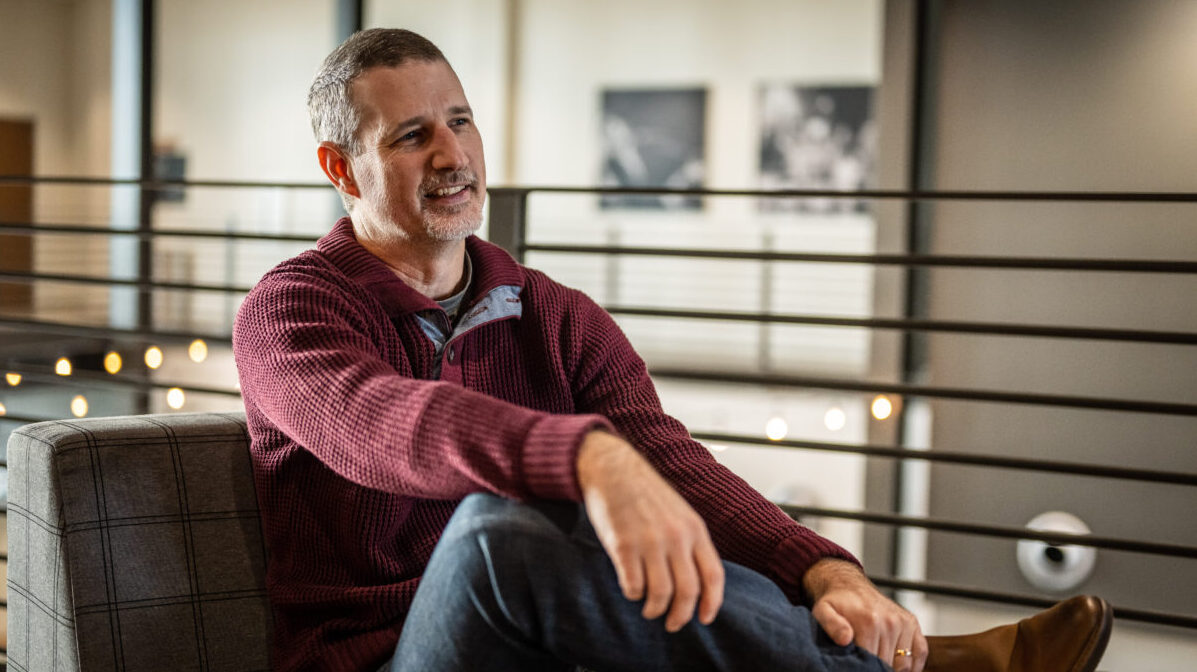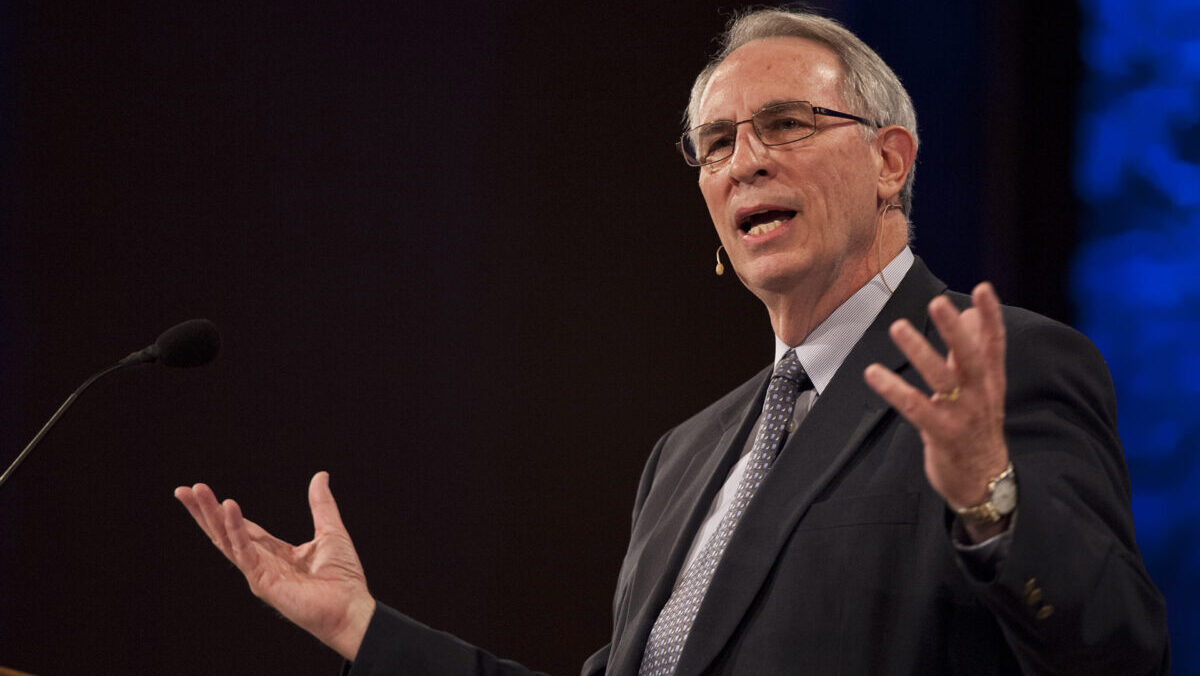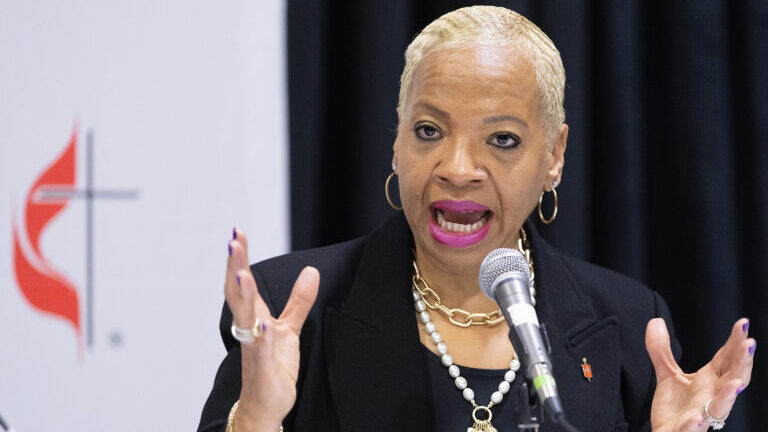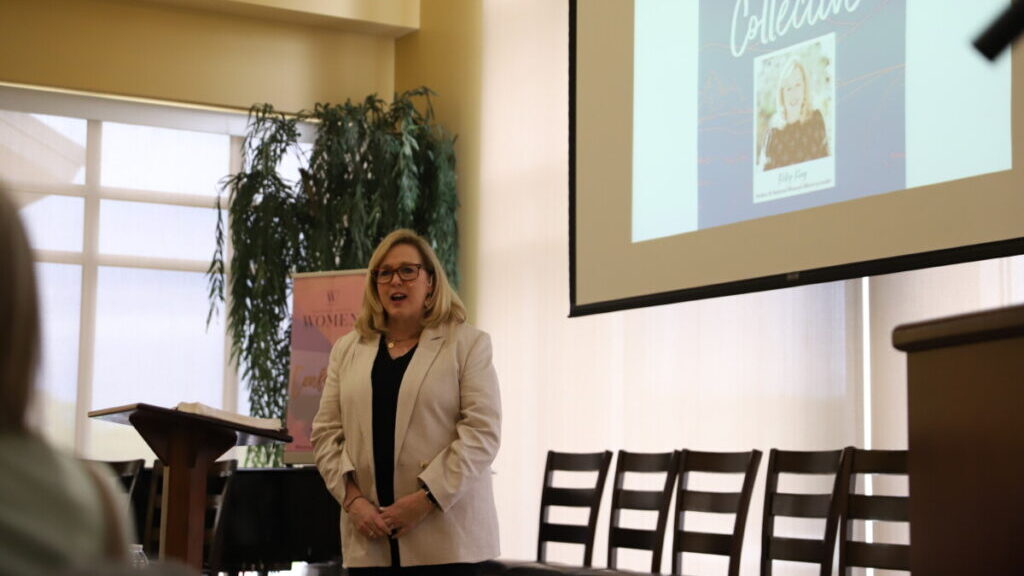Pastors, search out someone to provide guidance if sexual abuse is suspected in your church. Do this now, Brad Hambrick advises, not after suspicion or an allegation arises — nor in the midst of a crisis.
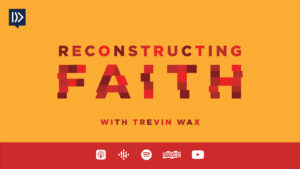 Hambrick, general editor of the Southern Baptist curriculum “Becoming a Church that Cares Well for the Abused,” was among interviewees on “The Stain,” the eighth episode in the Reconstructing Faith podcast series hosted by Trevin Wax, vice president of research and resource development for the North American Mission Board.
Hambrick, general editor of the Southern Baptist curriculum “Becoming a Church that Cares Well for the Abused,” was among interviewees on “The Stain,” the eighth episode in the Reconstructing Faith podcast series hosted by Trevin Wax, vice president of research and resource development for the North American Mission Board.
“Virtually every aspect of the church’s credibility is affected by these egregious evils,” Wax said in the episode’s introduction.
Critical contacts
Hambrick noted, “We should be able to scroll through our phone, find the number of a social worker, an attorney, a law enforcement officer, various people in those fields.” If not, the first action step is to find “somebody who knows this terrain that I can call when something I’m not sure about comes up.”
“You don’t need to build those relationships mid-crisis because the crisis will shake those relationships. You need to establish yourself as a person of trust in them — and them as a person of trust in you — before you get to the middle of the crisis,” said Hambrick, assistant professor of biblical counseling at Southeastern Baptist Theological Seminary in Wake Forest, North Carolina, and pastor of counseling at the Summit Church in Durham.
“Sometimes we think if we make the first phone call, we are filing charges, as if legal papers are getting dropped at that moment,” Hambrick said. Rather, pastors should regard such a call as seeking an expert second opinion.
“You’re sharing what you know” in a “structured interview process” with an appropriate professional, Hambrick said, in order to proceed toward the legal responsibility to report potential criminal activity.
Misconceptions
Pastors may have the misconception that “we have to know. We want to have all of the facts before we move forward … like, you’ve got to have two or three witnesses.”
However, “sexual abuse doesn’t happen with two or three witnesses,” Hambrick said, noting that a rape kit or a doctor’s examination can provide key evidence. “Unless those steps are taken, somebody who has been harmed doesn’t get that support.”
He added: “The most dangerous time in the life of a victim is when they initially come forward because the abuser (has) a strong vested interest in silence and nobody knowing. If you go to the abuser and say, ‘Hey, we’ve heard this, is it true?’ you are making things eminently more dangerous for the person who has already been harmed.
“The reason victims come forward (is) to protect others,” Hambrick said. “Invariably … they do not come forward to punish. They are afraid of the person who abused them. They come forward to make sure this doesn’t happen to anybody else.”
‘Victims to be protected’
When speaking with an abuse survivor, whether female or male, he or she should have “a friend in the room, somebody who is there as support, comfort, a grounding influence for the person who’s taken the step of courage and vulnerability to say, ‘This is what happened to me. It happened in the context of the church. My church needs to know so other people don’t get hurt.’”
In many churches, “this conversation is being had more openly … (there’s) a willingness to be more humble and honest about our failures and shortcomings,” Hambrick said.
“Even if the church’s batting average is getting better, for every individual who entrusts their story to us, if we get it right 70% of the time, there is still an immense fear of being in the 30%.”
And there are instances “when people are interpreting victims being heard as a part of a culture war … as something against the church. … Those who come forward with allegations of abuse are viewed as threats to be defended against, not as victims to be protected.”
Opportunity to lead
In handling potential instances of sexual abuse, Hambrick said he hopes pastors will “lead in the midst of our weakness and confusion, not assuming that we have to have the answers. … Sometimes when people bring us the question, we take their hand in ours, and we go to the person who knows more about this than we do. The courage and integrity of that kind of leadership will change in good ways the lives of people who come to you with stories of abuse.”
Other issues
The Reconstructing Faith podcast series with Trevin Wax, available here, has addressed such contemporary church credibility topics as race, political division, social media, moral integrity and authority of leaders, purity culture and apologetics.

